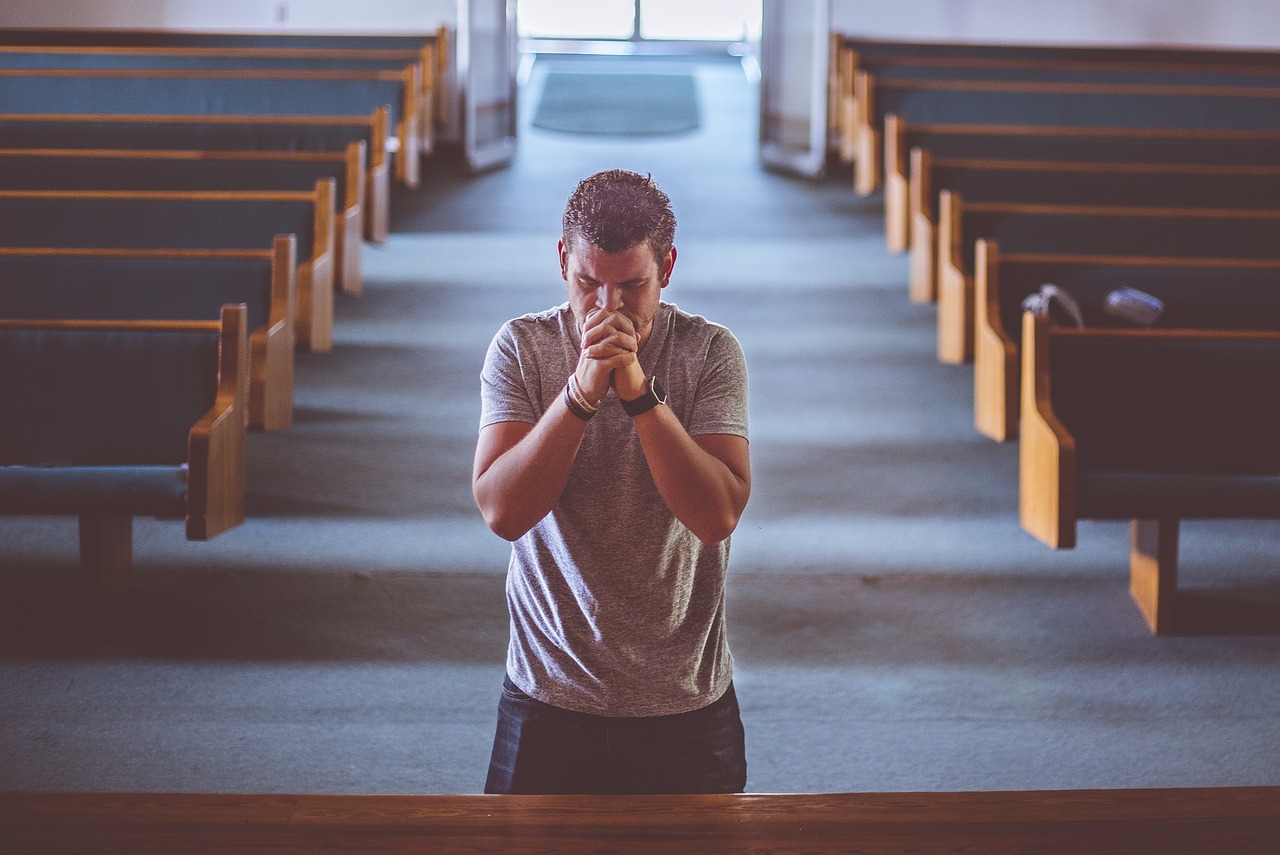Mental Health
Does Going to Church Have Mental Health Benefits?

man praying inside church | (Photo : Image by Pexels from Pixabay)
Attending church may do good not only for the soul but also for the mental state of a person.
A growing body of research suggests a positive association between active religious practice and mental well-being, according to findings published in various studies.
The correlation shows the significance of community and belonging within places of worship as crucial elements in fostering mental health, countering feelings of isolation and loneliness prevalent in contemporary society.
Byron Johnson, a social sciences professor at Baylor University, highlights the empirical evidence supporting the notion that individuals engaged in their faith often experience notable physical and mental health benefits.
"There is a mounting body of empirical evidence suggesting that people who are active in their faith tend to be the recipients of a number of important physical and mental-health benefits," Johnson told The Wall Street Journal.
This sentiment is echoed by Eddie Olewinski, a 23-year-old Catholic attendee from the Chicago area, who emphasizes the reinforcement of belonging and community through regular religious engagement.
Aside from attending Catholic Mass every Sunday, he joins interdenominational groups for volunteer work and attends pancake breakfasts hosted by a Catholic fraternal organization.
"All those reinforce my sense of belonging and community," Olewinski reportedly said.
However, despite the documented benefits, a decline in church attendance, particularly among young people, is observed alongside increasing rates of depression and anxiety.
Factors contributing to this decline include feelings of alienation stemming from societal issues such as gender, abortion, and sexual orientation, as well as a lack of acceptance within certain religious communities.
Studies conducted by institutions like Sapien Labs and Harvard University in collaboration with Gallup underscore the positive impact of regular religious engagement on individuals' overall flourishing.
Notably, countries with higher levels of active religious practice tend to exhibit higher levels of mental well-being, as defined by the ability to handle adversity and function productively.
Efforts to adapt traditional religious practices to contemporary needs are evident, with initiatives like Tribe, an organization developed by young individuals within religious communities, aiming to foster a sense of belonging through diverse activities.
Similarly, religious leaders like Rabbi Ben Spratt are embracing innovative approaches to engage younger generations, emphasizing the importance of creating inclusive spaces within religious settings.
The role of religion in promoting mental well-being continues to be a subject of interest and adaptation as society continues to evolve and as more people turn to religion for relief from the challenges the world gives them.










Join the Conversation